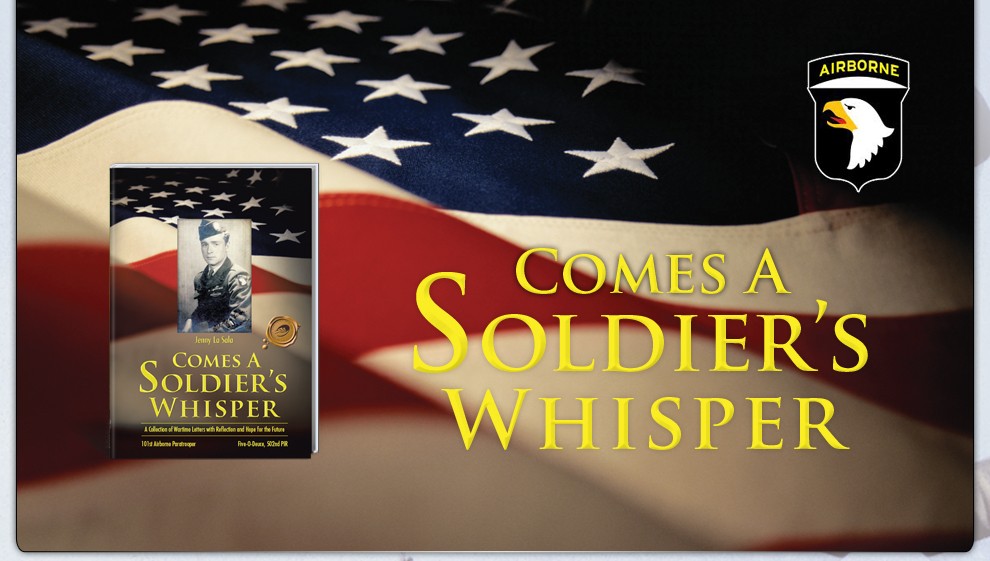


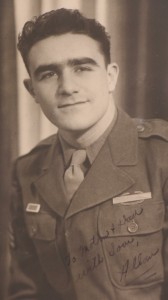
My name is Allan W. Howerton. I am a WWII Veteran.
I was a draftee through the Selective Service System and served with the U.S. Army, Company K, 335th Infantry, 84th Division between February 1943 to January 1946 in the U.S. and Europe.
I went through basic training and became a medic, Cadet in the Army Specialized Training Program (ASTP), and rifleman, messenger, and company communications sergeant.
My father served in the U.S. Navy as a fireman on a destroyer during World War I. Several uncles and cousins served in the U.S Army during World War II and one uncle was killed in action in the Philippines. My father often told humorous stories about his Naval service but never much about the substance. I had little contact with other relatives who served.
The worst part about the war was in the combat infantry in the Siegfried Line, the Ardennes (Battle of the Bulge), and across Central Germany (November 1943 – May 1944). I aged beyond my years as a result of six months of infantry combat service. I suffered a comparatively mild case of PTSD (then called battle fatigue), debilitating nightmares, fears of loud noises, inability to sustain close personal relations, and so on.
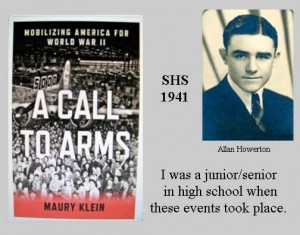
When asked what my greatest fear was, it is impossible to answer. My memory of infantry combat is that there was something beyond fear throughout. It was a kind of psychic state going well beyond the fear of death and the suffering of debilitating wounds. This is impossible to describe to someone who was not there. An infantry unit became a WW II soldier’s home for the duration. One could escape only by dying or suffering severe wounds. We had no alternative other than to accept this possible fate. It was just a matter of time and random chance when it would happen. Infantry soldiers had near complete loss of control of their fate. We joked about a “million dollar wound” that would not debilitate us but would get us out of the combat situation. But this was truly a joke and a delusion.
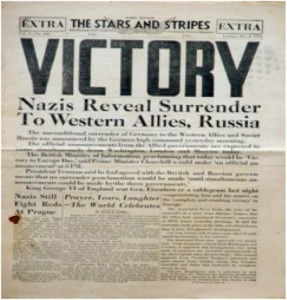
The ubiquitous expression so common today, “Thank you for your service,” would have sounded strange to returning WW II veterans. Almost everyone in the country, whether military or civilian, had served and contributed to the all-out war effort –from factory worker to air raid warden. To me there was nothing unusual or unexpected about the reception; New York City commuters waving from ferries in New York harbor, bands playing at the dock, Red Cross girls distributing donuts and coffee, etc. We had simply survived – those us who made it through — and come home.
For me, the readjustment was fairly difficult but nothing like it was for those who came back with debilitating wounds. Looking back, I think I had a relatively mild case of PTSD, which was called battle fatigue at the time I had all the usual symptoms – headaches, fear of loud noises, always alert for low places to which to flee in case of incoming artillery or air bombardment. But most of all I had lost so many friends and colleagues that I had a fear of commitment to anyone. I went through several failed romances and only married thirteen years later. The postwar story is told as a novel in by book “War’s Wake.”
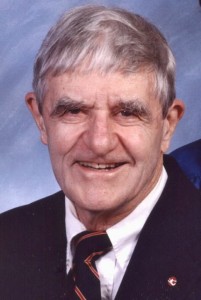
Today I am a retired federal civil servant and over the last several years have published three books about my early life growing up in Kentucky during the great depression, the WW II combat infantry service, and the novel about postwar readjustment. Joan and have been happily married since 1958. We have three children, six grandchildren, and two great grandchildren.
At the age of ninety-one, I am in relatively fair health and looking forward to a little more time.
~ Allan W. Howerton, WWII Veteran
Amazon: www.amazon.com/Allan-Wilford…/…/ref=ntt_athr_dp_pel_1
www.facebook.com/pages/Allan-Wilford-Howerton-World-War-II-Era-veteran-and-author-Alexandria-VA/211396115557
We are grateful to Allan for sharing his service, story and authored books with us on Comes A Soldier’s Whisper where we are all connected.
#history #WWII #ComesASoldiersWhisper #books
